Retro Replay Review
Gameplay
Yu-No: Kono Yo no Hate de Koi o Utau Shōjo stands out with its ingenious use of the Reflector device (often called the “Orb”), which allows Takuya to jump between parallel timelines at any point in the adventure. Rather than relying on traditional menu-based commands, the game employs a point-and-click interface that feels intuitive—even for newcomers to Japanese-style visual novels. The ability to revisit key decision points and branch off into new narrative paths transforms every playthrough into a fresh investigation, rewarding players who enjoy unraveling complex plot threads.
(HEY YOU!! We hope you enjoy! We try not to run ads. So basically, this is a very expensive hobby running this site. Please consider joining us for updates, forums, and more. Network w/ us to make some cash or friends while retro gaming, and you can win some free retro games for posting. Okay, carry on 👍)
The Auto Diverge Mapping System (A.D.M.S.) visually charts your progress through multiple storylines, marking dead ends and successful routes with distinct icons. When you reach a narrative cul-de-sac, you can either let the game auto-save and rewind to the last divergence stone or manually return to the map to explore alternate events. This design encourages experimentation, reduces frustration from save-scumming, and elevates the satisfaction of piecing together each heroine’s arc and the central mystery.
Aside from branching choices, the gameplay is driven by rich dialogues and environmental interactions. You’ll examine clues, converse with a diverse cast of characters, and trigger scenario flags that open new branches on the map. The pacing strikes a careful balance between exploration and narrative progression, ensuring that the complex web of relationships and conspiracies never feels overwhelming. For players who crave agency in their storytelling, Yu-No delivers an addictive blend of strategy and discovery.
Graphics
The original PC-98 art style provides a nostalgic charm, with pixel-detailed backgrounds and expressive character portraits that capture the late ’90s aesthetic. While the sprites are modest by modern standards, they exude personality—each heroine’s design communicates unique traits, from Mio’s shy innocence to Ayumi’s mischievous glint. Background panels range from cozy domestic interiors to mysterious laboratories and surreal parallel-world landscapes, all rendered with carefully chosen color palettes that enhance the mood of each scene.
The 2017 remaster significantly upgrades the visuals, offering high-definition backgrounds, refined character illustrations, and fully animated sprite expressions. CG events—which highlight emotional or pivotal moments—are polished and presented in widescreen format. Even if some fans feel nostalgia for the original grainy textures, the updated artwork broadens Yu-No’s appeal to modern eyes without losing the core style that made the game an influential classic.
Version differences also extend to mature content. The PC-98 and Windows editions contain explicit scenes, whereas the Saturn and console ports employ tasteful innuendo and suggestive imagery. Though some may miss the original’s adult interludes, the narrative’s emotional depth and thematic weight remain intact across versions. Overall, the graphical presentation—classic or remastered—effectively supports the game’s sci-fi adventure and romantic subplots.
Story
At its heart, Yu-No is a suspenseful mystery about Takuya Arima’s search for his missing father, a historian who vanished after investigating a device that bridges parallel worlds. What begins as a summer vacation full of intrigue quickly escalates into a multi-layered narrative involving time loops, alternate realities, and an enigmatic artifact known as the Reflector. The writing deftly weaves science fiction concepts with emotional drama, grounding the high-concept plot in relatable themes of loss, identity, and the bonds between people.
As you navigate different timelines, meetings with several heroines reveal personal struggles that intersect with the main quest. Each branching path delves deeper into character backstories—be it a gentle schoolmate grappling with her own family secrets or a brilliant researcher hiding a tragic past. The storytelling structure feels almost meta, as the game constantly reminds you that every choice has consequences, not just for Takuya but for the fate of entire worlds.
The true brilliance of Yu-No lies in how disparate threads converge in later stages, delivering revelations that recontextualize earlier scenes and character interactions. The payoff is a masterclass in narrative design: what might first appear as simple romance or slice-of-life encounters ultimately feed into a grander tapestry of conspiracy and cosmic stakes. For players who appreciate layered storytelling and carefully seeded mysteries, the plot unfolds with tension, heart, and surprising poignancy.
Overall Experience
Yu-No: Kono Yo no Hate de Koi o Utau Shōjo remains a landmark in adventure gaming thanks to its innovative branching system and deeply interwoven narrative. The Reflector mechanic and A.D.M.S. map grant unprecedented control over storytelling pace and route selection, making every session feel meaningful. While the reliance on text-heavy dialogue may challenge those unaccustomed to visual novels, the payoff—both in terms of emotional engagement and puzzle-solving thrill—is substantial.
The combination of mystery, sci-fi, and romance creates a unique atmosphere that keeps you invested from start to finish. Even minor characters benefit from thoughtful characterization, ensuring that side routes feel just as compelling as the main quest. The remastered graphics and modern conveniences like auto-saving and quality-of-life improvements make this edition the definitive way to experience Yu-No’s intricate world.
Ultimately, Yu-No is best suited for players who revel in narrative complexity and enjoy piecing together non-linear plots at their own rhythm. The varied versions cater to different tastes—whether you seek the original adult content or prefer a cleaner presentation. Regardless of your choice, expect an immersive, thought-provoking journey that stands the test of time and rewards attentive, curious gamers.
 Retro Replay Retro Replay gaming reviews, news, emulation, geek stuff and more!
Retro Replay Retro Replay gaming reviews, news, emulation, geek stuff and more!
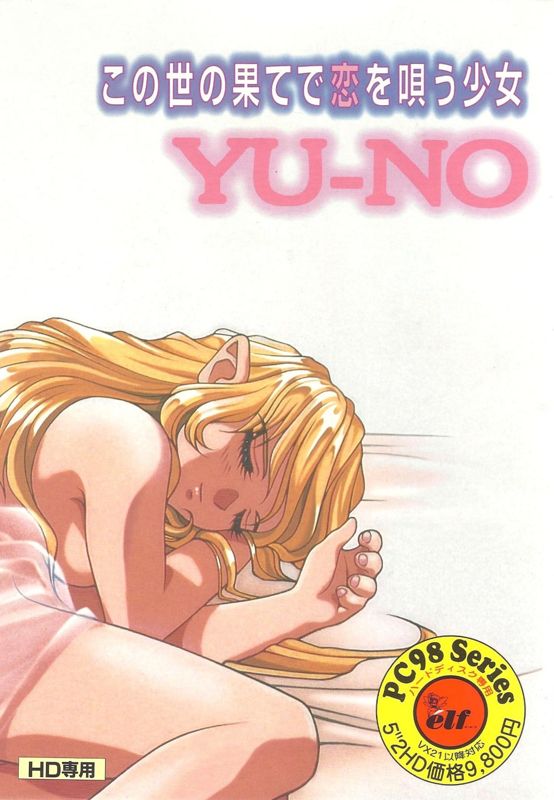
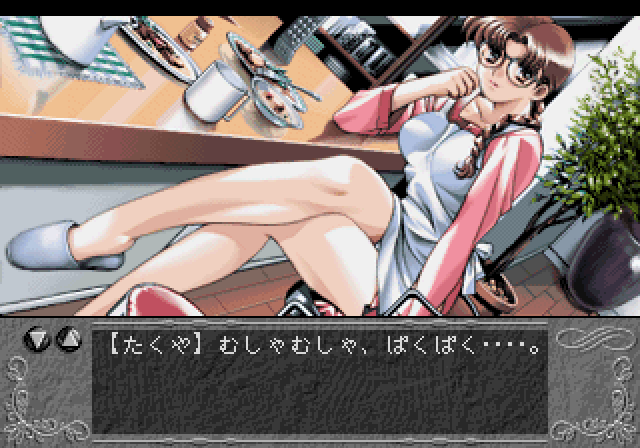
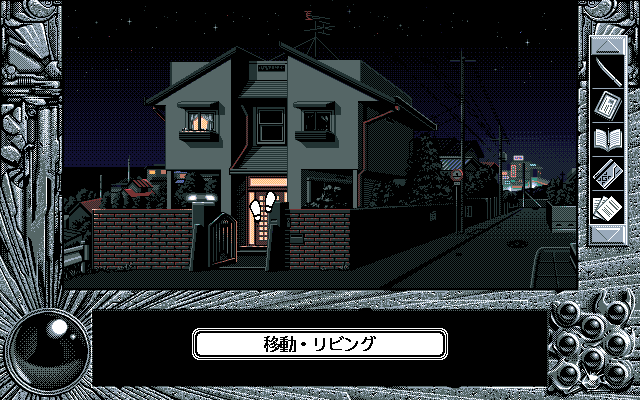
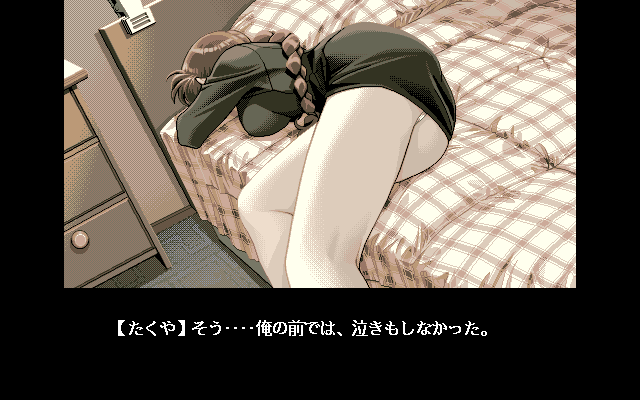
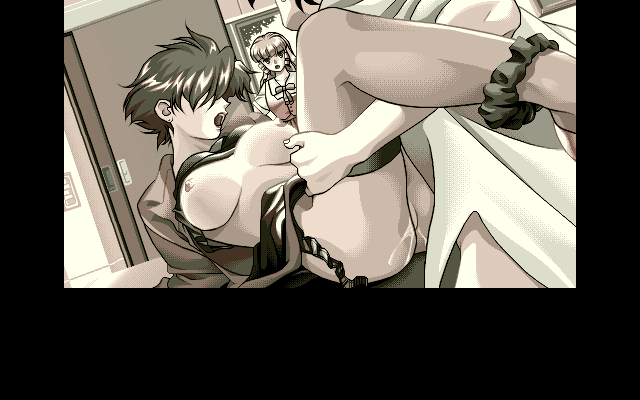
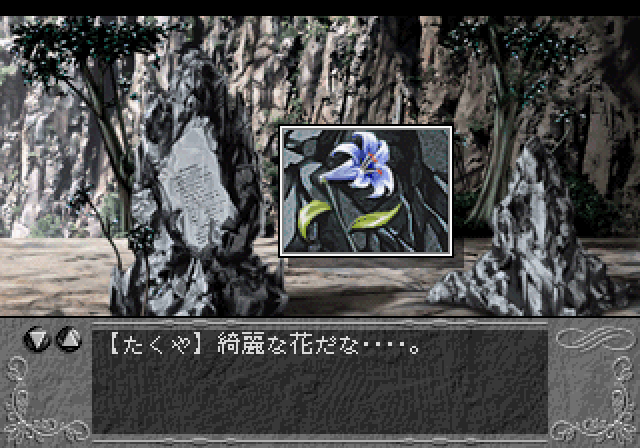



Reviews
There are no reviews yet.